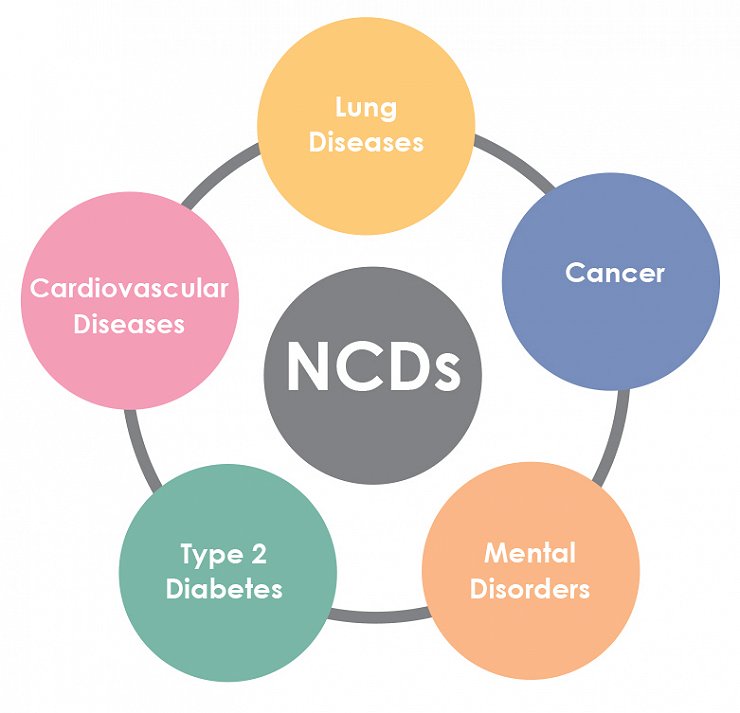
He said more resources should be invested in the work of Civil Society Organisations (CSOs) to help bring about positive change in policies, practices and service delivery in areas that impact on the quality of lives of the populace.
Mr Ebenezer, who made the call at the launch of the GhNCDA said, “The only known way to reduce cancers, cardiovascular diseases, chronic respiratory diseases, among others, is the absolute control over tobacco and alcoholic products and unhealthy diets.”
The GhNCDA seeks to create NCDs-free in Ghana by contributing to reduce NCD-related deaths and disabilities through health promotion, proper coordination, health system strengthening and improving the quality of lives of people living with NCDs in the country.
It is being sponsored by the Framework Convention Alliance, NCD Alliance, the Norwegian Cancer Society and the Vision for Alternative Development (VALD), a local non-governmental organisation.
He said Ghana has made some progress towards reducing the NCDs burden, yet a lot more is needed to be done by preventing and controlling tobacco smoking and alcohol consumption, as well as unhealthy diets which have been identified as the risk factors to the causes of the diseases and deaths.
Mr Ebenezer said the smoking of tobacco and alcohol consumption has become a lifestyle among many of the youth who are ignorant about the dangerous effects to their health, adding that; “exposing children to these harmful products is against their fundamental human rights.”
Similarly, he said, the Ghanaian population is being exposed to unhealthy junk foods leading to overweight children and the increasing alcoholic drinking spots in the country is compounding many health challenges.
He said there is the need for government to institute a national day of physical activity to lessen the NCDs-related deaths and disabilities among the citizenry and to improve their health.
More so, he said, there is also the need to strengthen health systems and healthcare delivery at the primary level and this should be part of the integrated approach.
GNA
Read Full Story


























Facebook
Twitter
Pinterest
Instagram
Google+
YouTube
LinkedIn
RSS